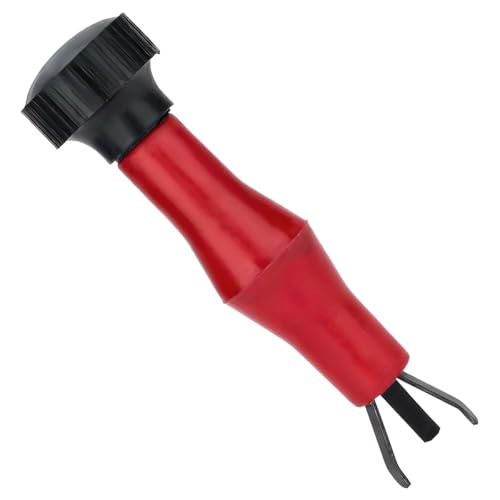Helmets are required by law.What is the helmet law in Washington?
AMA Website on Motorcycle Laws by State.
Actually, the study said that cost wasn't the biggest factor and recommended lessening the subsidy already offered. They recommend more timely courses....within 30 days of somebody signing up for one as being more effective.Perhaps the easiest way to reduce fatalaties would be to make training affordable to the average person with an avergae income. The MSF BRC and ERC are great courses and IMHO should be mandatory to getting a license (well the BRC anyway) The cost of courses like "Total Control" could be mitigated through the reduced cost to the public having to deal with motorcycle accidents.































































